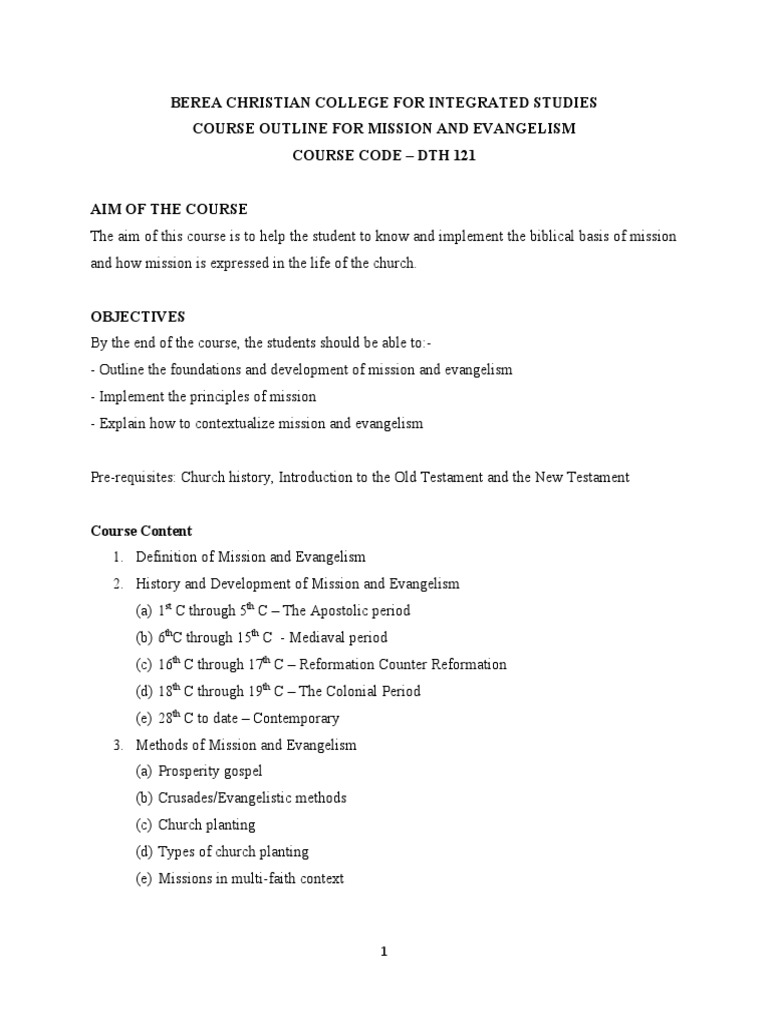The Christian mission is fundamentally rooted in the dual imperatives of evangelism and service, each interwoven into the fabric of the faith, harmonizing the call to spread the Gospel with the need to serve humanity. Understanding the intricacies of this mission involves exploring its biblical foundations, historical developments, and contemporary implications. As the Church navigates a complex world, comprehending the varied dimensions of this mission is essential for believers and seekers alike.
Evangelism, in the Christian context, refers to the proclamation of the Gospel—the good news of Jesus Christ’s life, death, and resurrection. It is intrinsically tied to the Christian understanding of salvation, where ministers and laypersons alike are encouraged to share their faith with fervor and clarity. This can take various forms, including personal testimonies, public preaching, and digital outreach in today’s technological society.
Within the New Testament, particularly in the Great Commission, Jesus instructs His followers to ‘go therefore and make disciples of all nations’ (Matthew 28:19). This directive carries profound weight, signifying not merely an obligation, but a privilege to invite others into a transformative relationship with Christ. Evangelism is portrayed as a heartfelt urgency rather than a mere transactional interaction. The goal is spiritual regeneration, which is underscored by a deep-seated belief in the redemptive power of Christ.
In historical contexts, one can trace the evolution of evangelistic efforts from the early Christian communities, who faced persecution yet thrived on the promise of hope, to the missionary movements of the 18th and 19th centuries. Figures like William Carey and Hudson Taylor embarked on daunting journeys, often placing themselves in peril to extend the reach of the Gospel. Their endeavors not only transformed individual lives but also reshaped entire cultures.
However, it is crucial to recognize that evangelism does not exist in a vacuum. The essence of the Christian mission is equally articulated through acts of service. This service encompasses a broad spectrum of activities aimed at alleviating suffering, advocating for justice, and promoting human dignity. The Biblical injunction to ‘love your neighbor as yourself’ (Mark 12:31) underscores that true faith is expressed through tangible acts—feeding the hungry, caring for the sick, and welcoming the stranger.
This dual emphasis on evangelism and service is sometimes seen as forming a ‘seamless garment’ of faith. Service becomes a contextualization of the Gospel; it lends credibility to the message that is being proclaimed. For instance, many modern Christian organizations blend evangelistic efforts with humanitarian work, believing that addressing physical needs paves the way for spiritual conversations. Here, the complicated relationship between word and deed is navigated thoughtfully, ensuring that the mission remains holistic.
Moreover, the contemporary landscape presents unique challenges and opportunities for Christian mission. In an increasingly pluralistic society, evangelism must navigate diverse belief systems with sensitivity and respect. The call to communicate effectively within this milieu necessitates a deeper understanding of cultural contexts—where listening and learning often must precede talking. This approach fosters genuine relationships, creating fertile ground for the seeds of the Gospel to take root.
Additionally, the digital age has revolutionized the methodologies of evangelism. Social media platforms and online ministries have emerged as powerful tools for reaching vast audiences. The ability to share testimonies, teachings, and resources through a click fundamentally alters the way the Christian mission can be communicated. Yet this also comes with challenges, such as the necessity for discernment—distinguishing between authentic engagement and mere digital noise.
As we delve into the theology underpinning the Christian mission, we observe the idea of missio Dei—the mission of God—which emphasizes that it is not solely humans who are sent out, but God Himself who initiates mission. This understanding reframes the perspective of missionaries and evangelists: they are not only bearers of a message but are intrinsically part of God’s ongoing narrative in the world. This perspective fosters a sense of humility and reliance on divine guidance, elevating the mission from a programmatic execution to a relational journey.
In sum, the Christian mission encompassing evangelism and service is a rich tapestry woven into the very essence of the faith. It transcends mere activity, inviting believers into a transformative relationship with God that compels action and inspires love. As adherents embrace their roles within this mission, whether in personal interactions, community outreach, or global initiatives, they become conduits of grace and hope in a world yearning for both spiritual awakening and social justice. The intertwining of word and deed remains a hallmark of authenticity in the expression of faith, asking each believer not only to proclaim the good news but to live it out in unequivocal ways.
As we reflect on the breadth and depth of the Christian mission, it becomes clear that the purpose is not solely the quantitative expansion of followers but the qualitative transformation of lives. This mission beckons each individual to participate in something far greater than themselves, aligning with the divine purpose for creation while fostering a community rooted in love, truth, and service.



